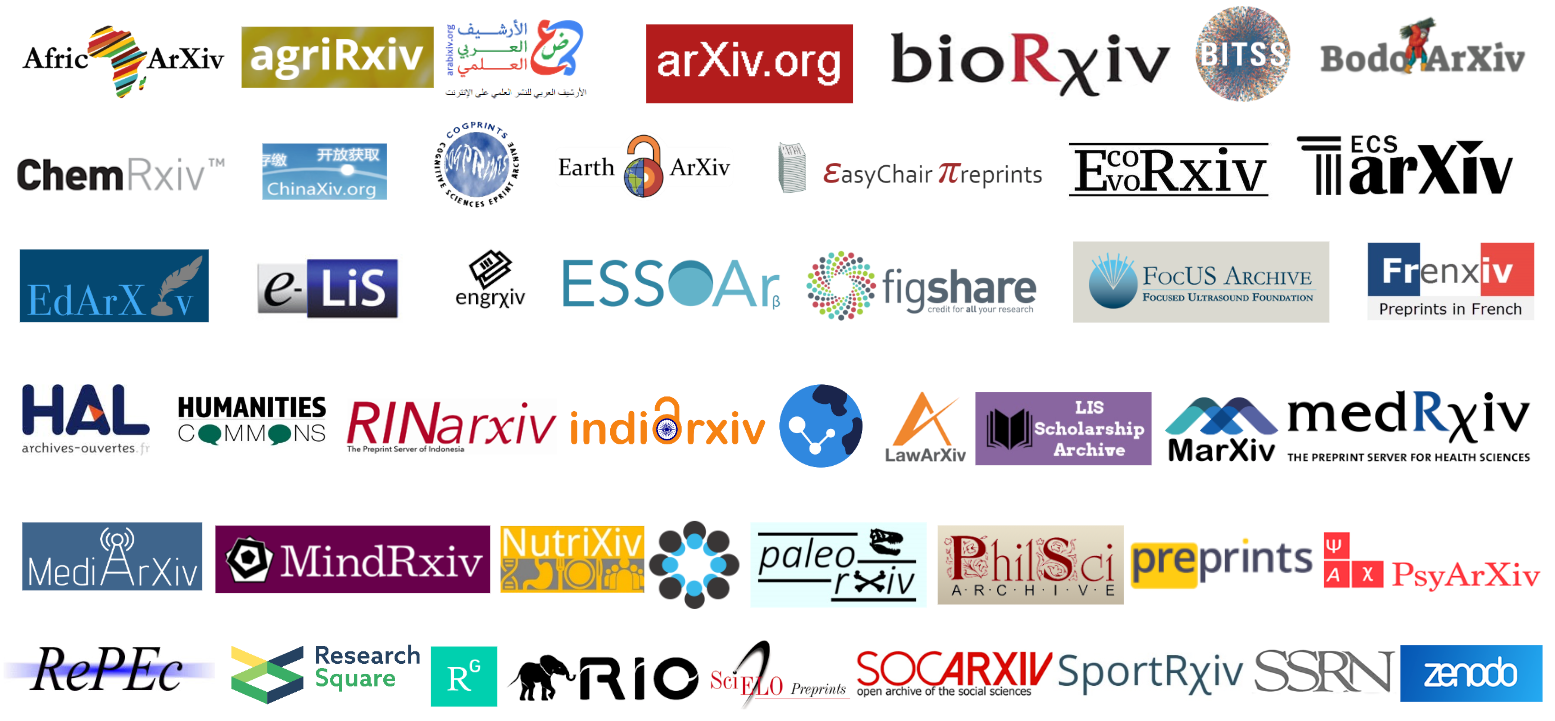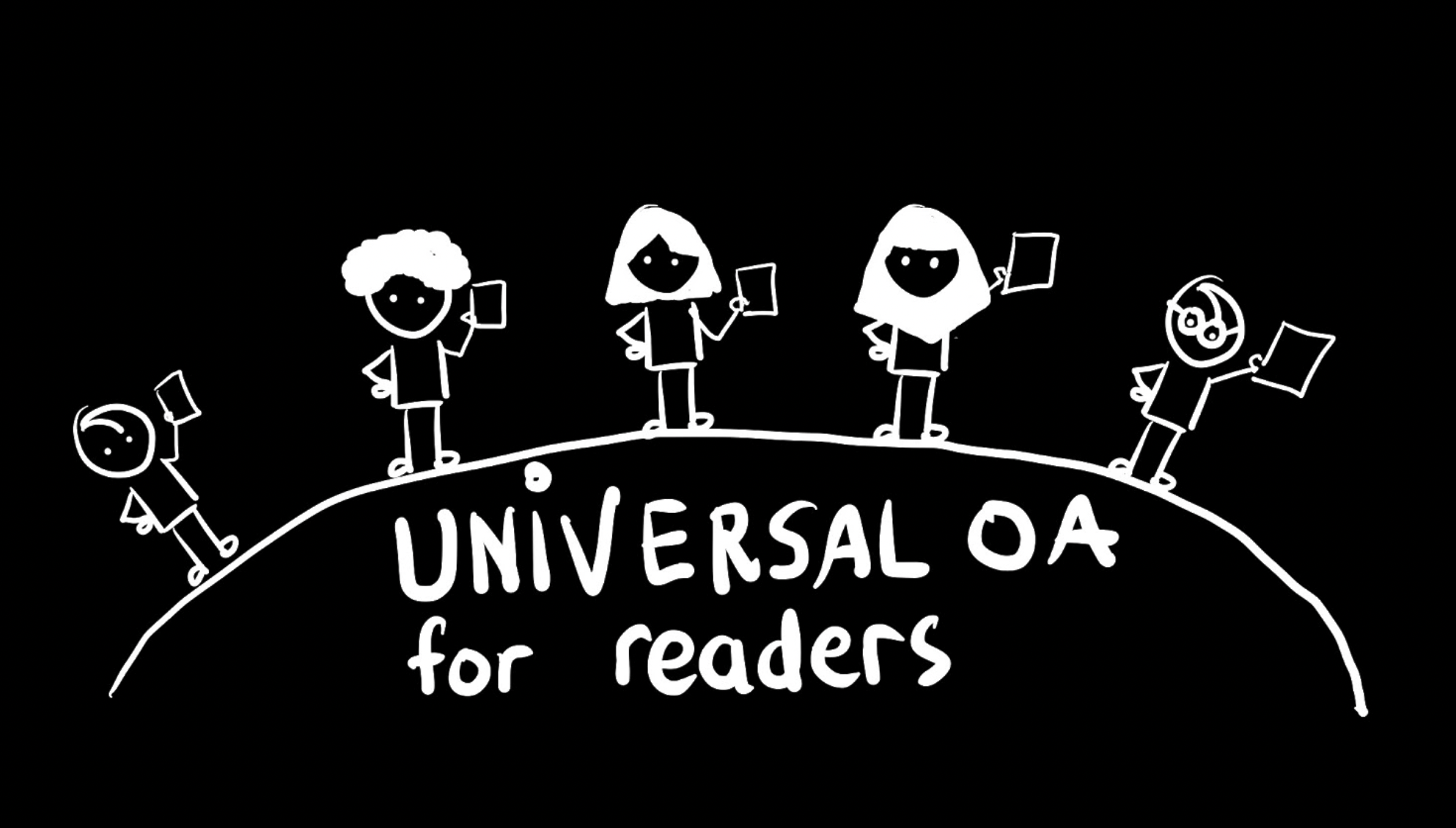
Since its release towards the end of 2022, ChatGPT has been dominating the majority of AI-related conversations on social media. One could almost say it has made AI more mainstream and accessible than ever. AI is quickly revolutionizing the modern-day research landscape. According to a CSIRO report, nearly 98% of scientific fields use AI in some way.









